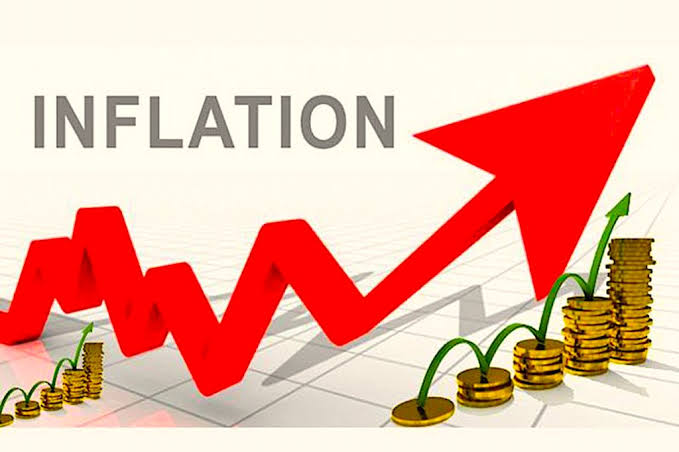Nigeria’s inflation rose to its highest in 28 years as it hit 33.69 per cent in April 2024, up from 33.20 per cent in March.
The National Bureau of Statistics (NBS) report released Wednesday showed that the food and non-alcoholic beverages category continued to be the biggest contributor to inflation.
Food inflation, which accounts for the bulk of the inflation basket, reached 40.53 per cent in annual terms, against 40.01 per cent in March.
The galloping inflation is attributed largely to President Bola Tinubu administration’s removal of subsidy on petrol and naira devaluation due to foreign exchange rates unification.
“In April 2024, the headline inflation rate increased to 33.69% relative to the March 2024 headline inflation rate which was 33.20%. Looking at the movement, the April 2024 headline inflation rate showed an increase of 0.49% points when compared to the March 2024 headline inflation rate.
“On a year-on-year basis, the headline inflation rate was 11.47% points higher compared to the rate recorded in Apnil 2023, which was 22.22%. This shows that the headline inflation rate (year-on-year basis) increased in the month of April 2024 when compared to the same month in the preceding year (i.e., April 2023).
“Furthermore, on a month-on-month basis, the headline inflation rate in April 2024 was 2.29%, which was 0.73% lower than the rate recorded in March 2024 (3.02%). This means that in the month of April 2024, the rate of increase in the average price level is less than the rate of increase in the average price level in March 2024” reads the report in parts.
It is recalled that the Central Bank of Nigeria had raised interest rates twice this year, including its largest hike in around 17 years, as it struggles to contain the price pressures.
CBN Governor Olayemi Cardoso has indicated that rates will stay high to bring down inflation.
The bank holds another rate-setting meeting next week.
Price pressures have left millions of Nigerians grappling with the worst cost of living crisis in decades as they struggle to meet their basic needs.
To ease the pressure on government workers, Tinubu recently introduced a wage award of N35,000 and direct cash transfer to the vulnerable.












